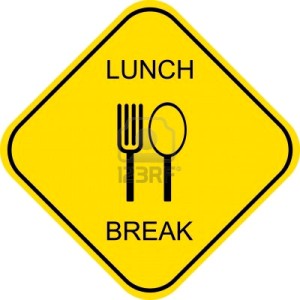 Imagine you are in a small plane, flying at 10,000 feet above South Placer County. It is a clear autumn morning, the sun is up but only producing a brisk 58 degrees; there is a moment of white on the Sierra Nevada Mountains, signaling the first of many snow storms had arrived last night. Dressed in jeans, tennis shoes and a tee shirt (if you are a girl, the outfit matches; if a guy, then you don’t care), you can feel the cold outside the plane, which is ten degrees lower than on the valley floor. You slide open the passenger door of the four passenger Piper; the wind instantly tears through the interior creating a tornado like effect with the few papers on the dash. The velocity of the chilled air striking your bear arms makes you believe you now know what it must feel like to be lost in a blizzard – in a bathing suit. (You were always one for drama!). Unbuckling your seat belt, you send a nod to the pilot, place both feet on the door threshold, and jump. In less than a second, the plane is a distant memory.
Imagine you are in a small plane, flying at 10,000 feet above South Placer County. It is a clear autumn morning, the sun is up but only producing a brisk 58 degrees; there is a moment of white on the Sierra Nevada Mountains, signaling the first of many snow storms had arrived last night. Dressed in jeans, tennis shoes and a tee shirt (if you are a girl, the outfit matches; if a guy, then you don’t care), you can feel the cold outside the plane, which is ten degrees lower than on the valley floor. You slide open the passenger door of the four passenger Piper; the wind instantly tears through the interior creating a tornado like effect with the few papers on the dash. The velocity of the chilled air striking your bear arms makes you believe you now know what it must feel like to be lost in a blizzard – in a bathing suit. (You were always one for drama!). Unbuckling your seat belt, you send a nod to the pilot, place both feet on the door threshold, and jump. In less than a second, the plane is a distant memory.
As Newton predicted, you fall towards the earth accelerating at 32 feet per second. Depending upon your weight, and position while dropping, you will reach terminal velocity in 7-10 seconds. This is the point where your descent speed can no longer increase, but remains constant at about 125 miles per hour due to the friction of the surrounding air. Kind of a good news / bad news story: you’re not falling any faster, but you are falling real fast. It will take another minute to find the ground, but a lot can happen in a minute.

